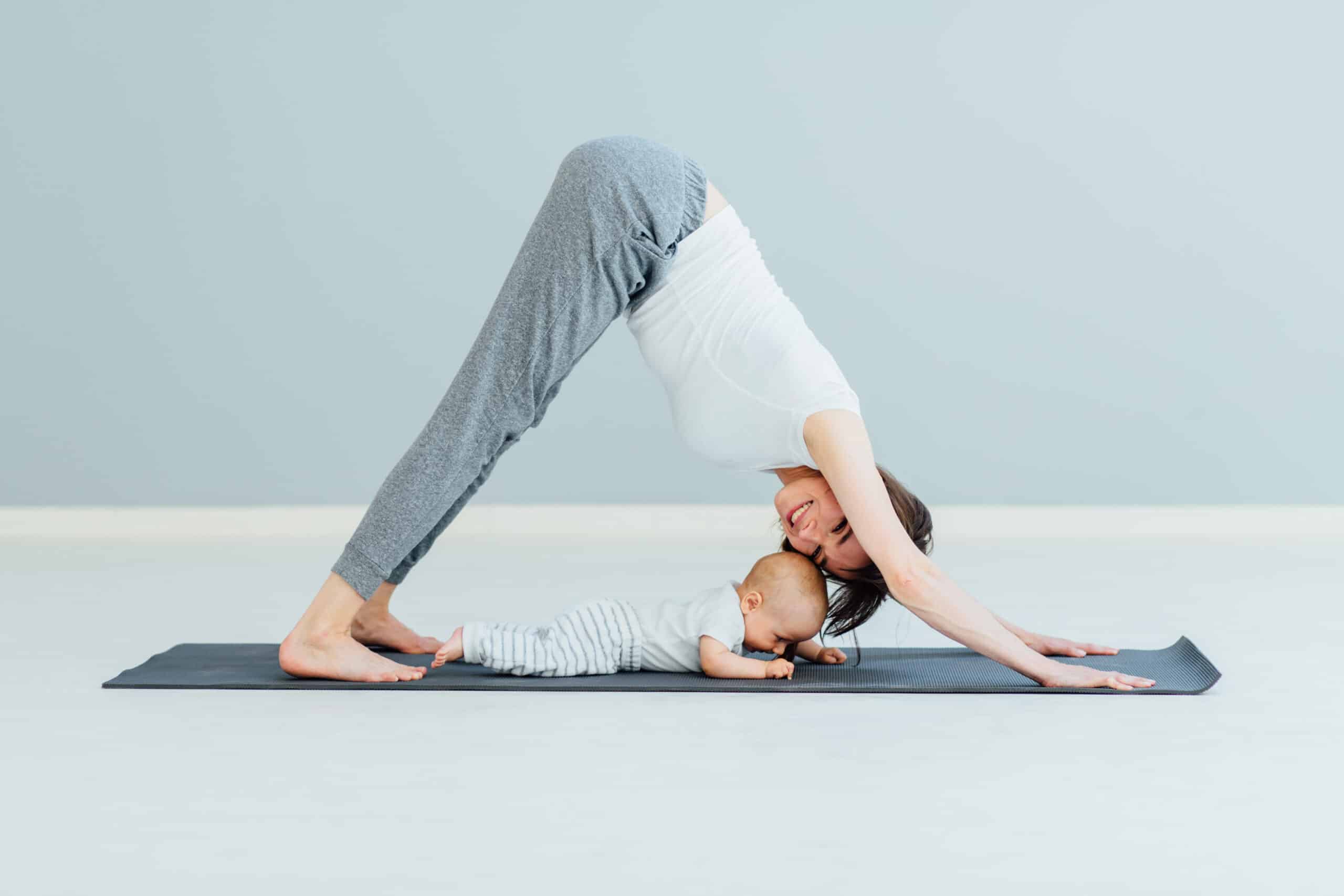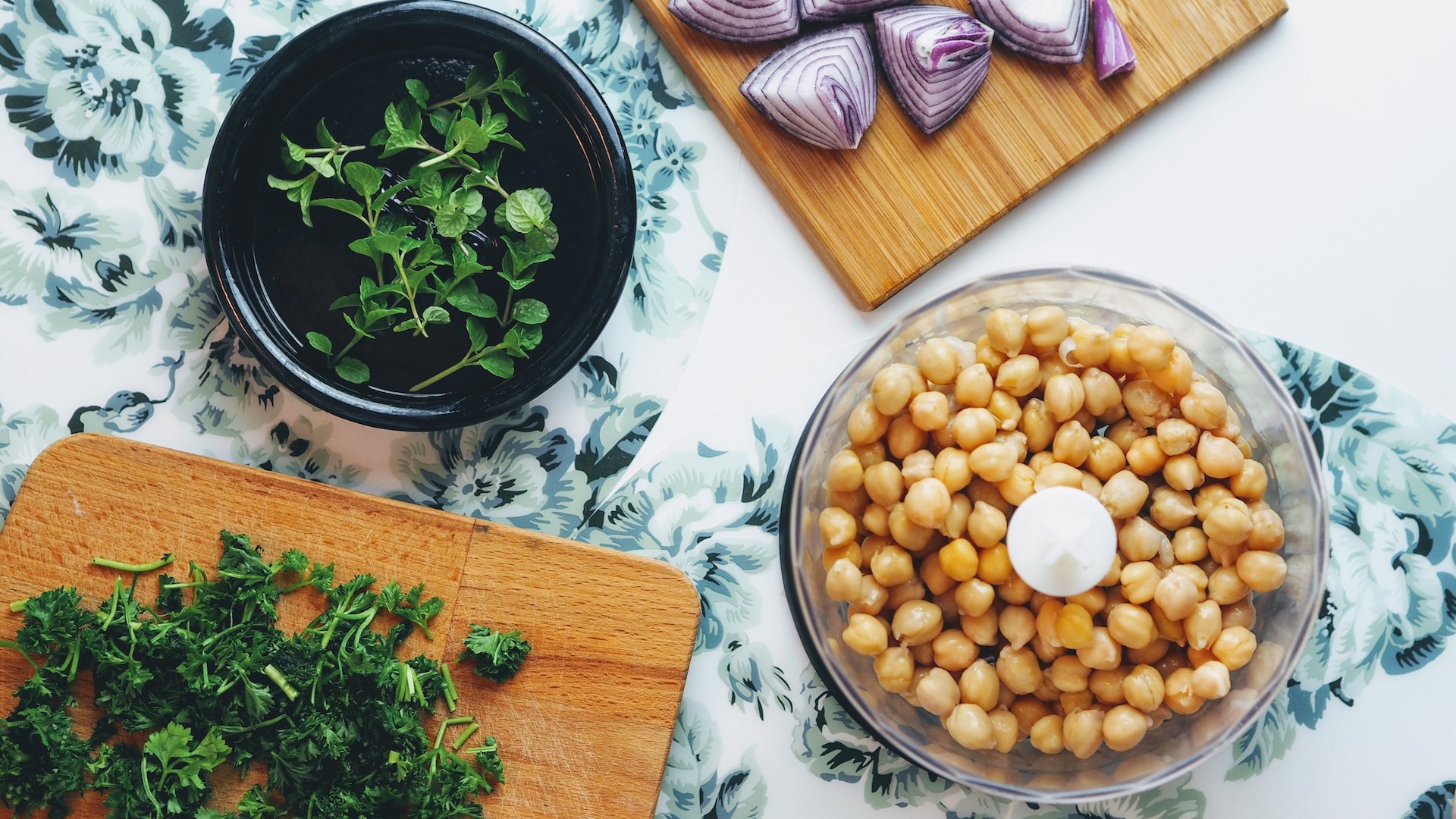Is Aluminum Foil Dangerous for Cooking?
Home » Live Consciously » Is Aluminum Foil Dangerous for Cooking?
Q: Should I be cooking with aluminum foil or parchment paper?
A: The short answer is, I prefer parchment paper. But, before you throw out the three bulk rolls of aluminum foil you have in your pantry, keep reading.
How Aluminum Foil and Parchment Paper are Similar
Both aluminum foil and parchment paper are good for lining pans when baking or roasting veggies, chicken or fish. Because nobody likes scraping pans for 20 minutes after dinner until the charred bits finally come loose, and that cookware Aunt Susie got you for your wedding will last awhile longer, too.
Both can also be used for wrapping foods to cook or store. The last two ounces of leftover balsamic chicken surely won’t go to waste when tossed in the fridge neatly wrapped in a foil swan.
How Aluminum Foil and Parchment Paper are Different
Unlike parchment paper, aluminum foil is good for retaining heat (remember the days when you told mom you’d be right down for dinner and you’d come down to a lonely plate on the table covered in foil?) and can withstand very high temps. High as in higher than your home oven will probably allow for.
Parchment paper on the other hand can’t be used with recipes that require you to cook above 420 degrees. But unlike aluminum, parchment is non-stick and you won’t need to add cooking spray or extra oil for your burnt broccoli.
Aluminum foil and parchment paper also differ in terms of how they will make your food taste. When making recipes involving acidic foods such as roasted tomatoes or fish topped with lemon wedges and thyme, cooking them on aluminum foil may actually make them taste worse than had you cooked them on parchment paper. That’s because the acid in the foods reacts with the aluminum, which can alter the flavor.
Why Aluminum Foil May Be Dangerous for Cooking
Here’s the part that begs the safety question: the aluminum in the foil actually transfers into your food when it’s heated. Adults naturally consume on average 1 to 10 mg of aluminum daily through water, processed foods, and contamination through cookware and utensils.
Some research shows that there’s no real reason for concern, and the Center for Disease Control’s Agency for Toxic Substances & Disease Registry suggests that it’s “generally safe.”
However, CDC also reports that consuming higher than average levels of aluminum may be linked to nervous system, brain, bone diseases, and puts you at risk of anemia. Especially if your kidneys aren’t filtering it out of your system properly. People who cook often with aluminum foil (and aluminum pots and pans) are at greater risk than another person.
So, what’s a home chef to do?
Don’t throw away the bulk roll of aluminum foil, but minimize using high heat and instead wrap your leftovers in it before tossing them into the fridge.
The next time you’re stocking your pantry opt for parchment paper to use when roasting or baking (below 420 degrees!).
The Nutritious Life Editors are a team of healthy lifestyle enthusiasts who not only subscribe to — and live! — the 8 Pillars of a Nutritious Life, but also have access to some of the savviest thought leaders in the health and wellness space — including our founder and resident dietitian, Keri Glassman. From the hottest trends in wellness to the latest medical science, we stay on top of it all in order to deliver the info YOU need to live your most nutritious life.
DISCOVER MORE
RECENT ARTICLES

Want a sneak peek inside the program?
Get FREE access to some of the core training materials that make up our signature program – Become a Nutrition Coach.
Get Access Live Consciously
Live Consciously












































































































































































































































































































































































































































































































































































































































































































































































































































































































































































































































































































































































































































































































































































































































